The world is experiencing complex changes with far-reaching impacts. Events like the Summit continue to play an indispensable role in promoting and coordinating commitments to development in an increasingly polarized world.
On May 19, two such summits will take place at the same time, bringing together leaders of many major countries: the Arab League Summit and the G7 Summit.
Saudi Arabia will host the Arab League Summit in the Red Sea city of Jeddah as the Arab bloc undergoes a major restructuring.
In Hiroshima – nearly 9,000 km as the crow flies from Jeddah – Japan will host the G7 Summit, with a focus on China and Russia, especially as the conflict in Ukraine enters a new phase.
Syria issue
The summit in Jeddah will mark the start of Saudi Arabia’s one-year presidency of the Arab League, with expectations swirling around the leadership’s plans. The opening act is sure to attract plenty of media attention, as Syria returns to the Arab League after a 12-year suspension.
The welcome for Syrian President Bashar al-Assad and the reintegration of his country is conditional, depending on how the Syrian leader fulfills all his promises, including ending the drug trade and taking concrete steps towards a new constitution based on United Nations Security Council (UNSC) resolutions.
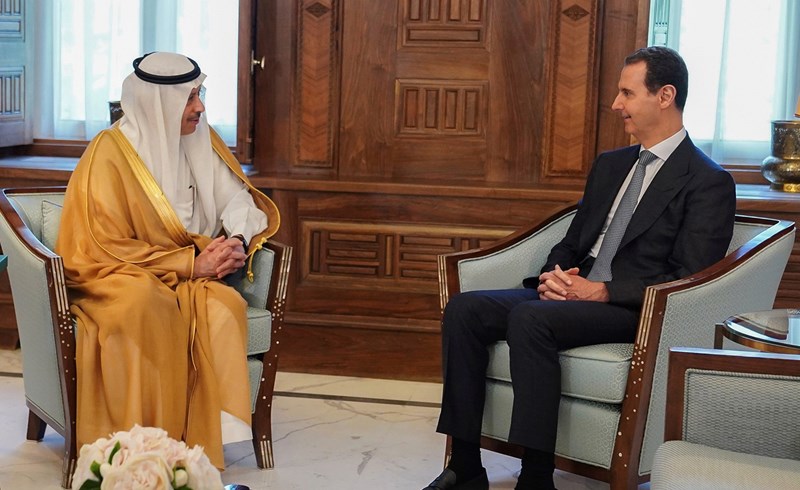
Syrian President Bashar al-Assad (R) meets with Saudi Arabian Ambassador to Jordan Nayef bin Bandar Al Sudairi in Damascus, Syria, May 11, 2023. Ambassador Al Sudairi handed al-Assad an invitation to attend the 32nd Summit of the Arab League, to be held in Jeddah, Saudi Arabia, on May 19, 2023. Photo: Al Mayadeen
Time will test Mr al-Assad’s intentions, especially since inviting the Syrian leader to the Jeddah conference faces some obstacles – such as the risk of violating US regulations. But the aim of the Arab states is not to circumvent the rules, but to coordinate efforts with Washington.
The Biden administration appears to have little qualms about pushing for Syria’s reintegration into the Arab world or seeking an exemption from the “Caesar Act” (which allows the US to sanction any foreign company involved in Syria’s energy, construction and engineering sectors, as well as any organization or individual that financially supports the Damascus government).
However, Republicans in the US Congress will not be silent on the issue, especially as the next US election cycle approaches. Even so, they are willing to give Saudi Arabia the opportunity to implement a containment policy towards Iran and Syria through engagement rather than threats.
The US is encouraging Saudi Arabia to play a role in easing tensions and finding solutions to regional problems from Sudan to Lebanon. One Gulf official described Saudi Arabia as a mediator who can be used to resolve various issues and conflicts.
The “hot spots”
Saudi Arabia is seen as playing a key role in leading the region during its current presidency of the Arab League, especially amid growing instability across North Africa. This is also important given the waning influence of the US in the region and the vacuum left by Russia, which is more preoccupied with its military campaign in Ukraine.
Economic and development issues will certainly be discussed at the Arab League Summit on May 19, but issues in other “hot spots” in the region cannot of course be ignored.
For example, the Lebanon file is expected to be on the agenda, albeit with a cautious approach to support a compromise solution acceptable to Saudi Arabia.
The Palestinian issue remains a strong pillar in all Arab Summits. The upcoming Summit will be held at a time when Palestine faces major challenges due to the rise to power of a right-wing Israeli government that does not believe in a two-state solution.
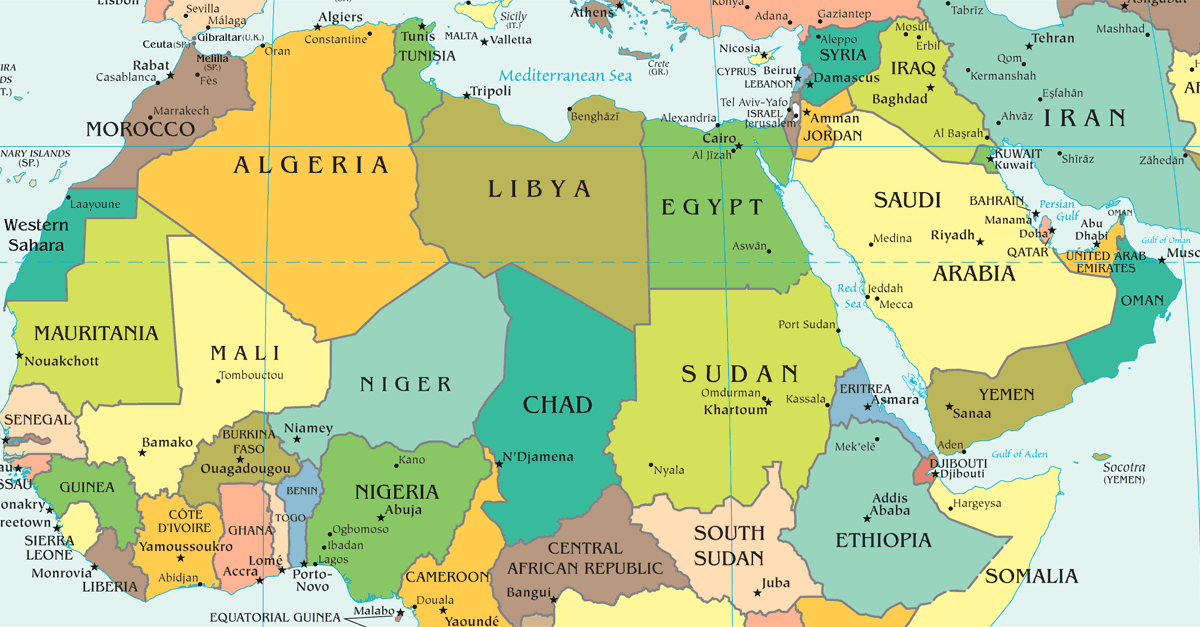
Map of the Middle East and North Africa (MENA) region. Photo: NCUSAR
Iraq also remains a key issue, as Arab countries are expected to show their support for Prime Minister Mohammed Shia Al Sudani – and help strengthen his position to weaken Iran’s influence over the country.
Ending the unfortunate crisis that has erupted in Sudan, an important Arab country due to its location, historical legacy and population, is a top priority. This is of particular importance to the leadership of Saudi Arabia, which is located across the Red Sea from Sudan.
Yemen will also be on the agenda, as the conflict moves toward a possible resolution, thanks to the China-brokered Saudi-Iran normalization deal and its aftermath. Riyadh is now playing the role of mediator between Yemen’s factions, and it hopes Tehran will continue to pressure the Houthis into accepting a lasting compromise.
Saudi Arabia is looking to offload Yemen to focus on grand projects, vision and regional leadership. The Arab League Summit offers a key opportunity to achieve these ambitions, potentially serving as a launching pad for a new era in the Arab region.
Counterweight to China and Russia
Meanwhile, the Japanese city of Hiroshima will host this year's G7 Summit.
The summit, which opens on May 19 and runs through May 21, brings together leaders from the world’s seven largest economies: Canada, France, Germany, Italy, Japan, the UK and the US. The focus will be on China and Russia – two countries that have declared open-ended cooperation and are key members of the BRICS grouping that acts as a counterweight to the G7.
Russia is still conducting a “special military operation” in Ukraine. The war is said to have entered a crucial new phase, with the UK supplying long-range missiles with an operating range of over 250 km, capable of striking deep into Russian territory.
This has fueled speculation that Moscow could respond with preemptive strikes against Western arms transfer hubs to Ukraine on the border with Poland. While the Biden administration has set conditions for the transfer of long-range missiles to Kiev – prohibiting their use against Russian territory – the UK has not sought such assurances.

According to European arms group MBDA, the Storm Shadow missile that the UK transferred to Ukraine has a range of more than 250 km. Photo: The Guardian
While European countries are broadly supportive of Ukraine, they are divided. Some welcome China’s role in trying to end the conflict and start negotiations, while others are hesitant.
The Biden administration is cautious about Europe accepting China's proposals, but Washington is aware of Europe's desire to avoid problems with China while fearing pressure from the US.
The EU is preparing an 11th round of sanctions against Russia, including Chinese companies deemed to be supporting Russia. The move could create a new crisis, with European countries caught in a dilemma if this triggers a serious economic backlash from China.
The US is also proposing investment restrictions in key parts of the Chinese economy, and hopes to get the approval of its allies at the G7 summit on May 19.
The move would mark a new phase in the years-long economic rivalry between the world's two leading superpowers, and the upcoming summit of rich nations in Hiroshima will therefore be watched very closely .
Minh Duc (According to The National News, Arab News)
Source


![[Photo] Nhan Dan Newspaper announces the project "Love Vietnam so much"](https://vstatic.vietnam.vn/vietnam/resource/IMAGE/2025/4/17/362f882012d3432783fc92fab1b3e980)

![[Photo] National Assembly Chairman Tran Thanh Man meets with outstanding workers in the oil and gas industry](https://vstatic.vietnam.vn/vietnam/resource/IMAGE/2025/4/17/1d0de4026b75434ab34279624db7ee4a)
![[Photo] General Secretary To Lam receives French Ambassador to Vietnam Olivier Brochet](https://vstatic.vietnam.vn/vietnam/resource/IMAGE/2025/4/17/49224f0f12e84b66a73b17eb251f7278)
![[Photo] Promoting friendship, solidarity and cooperation between the armies and people of the two countries](https://vstatic.vietnam.vn/vietnam/resource/IMAGE/2025/4/17/0c4d087864f14092aed77252590b6bae)
![[Photo] Closing of the 4th Summit of the Partnership for Green Growth and the Global Goals](https://vstatic.vietnam.vn/vietnam/resource/IMAGE/2025/4/17/c0a0df9852c84e58be0a8b939189c85a)
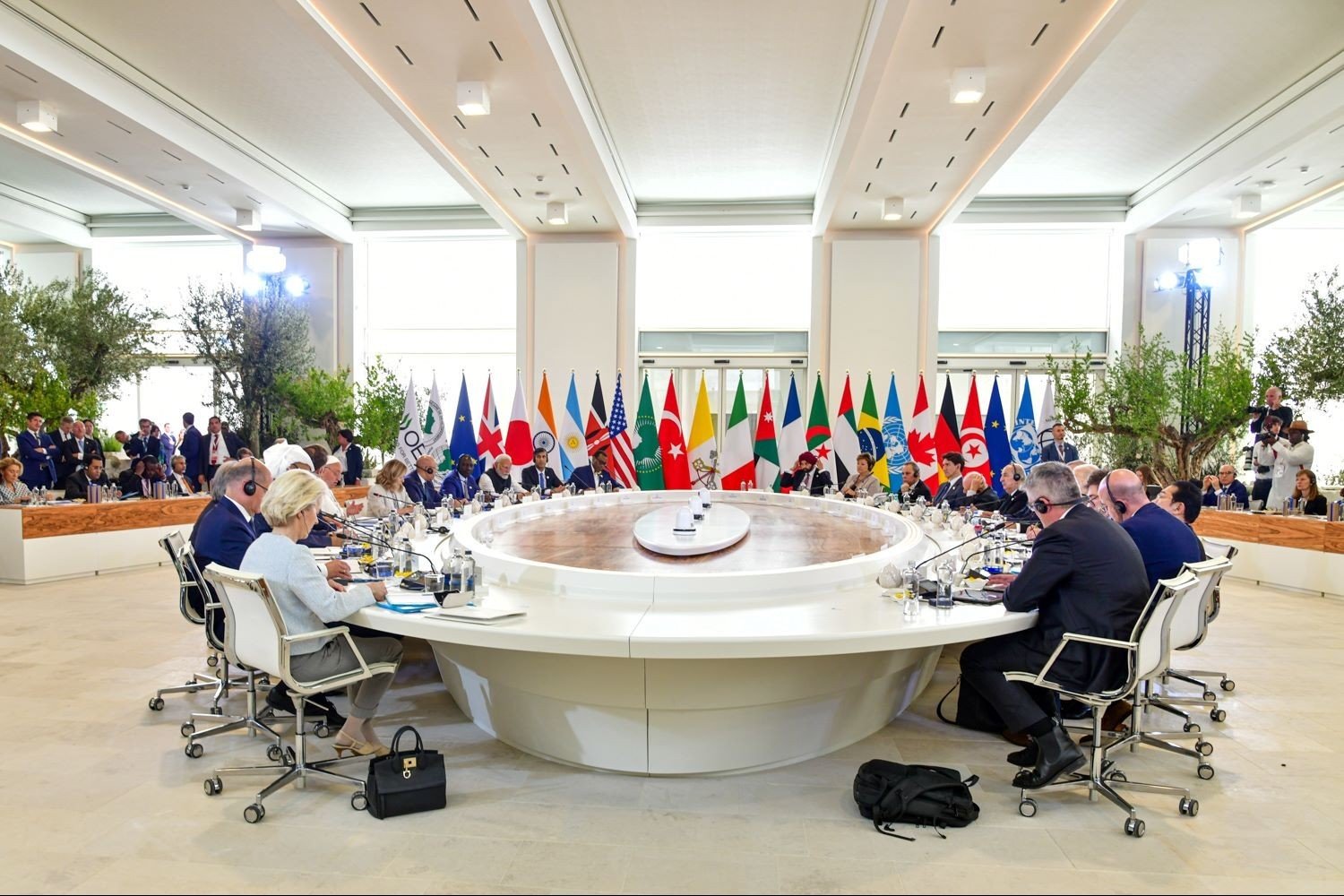

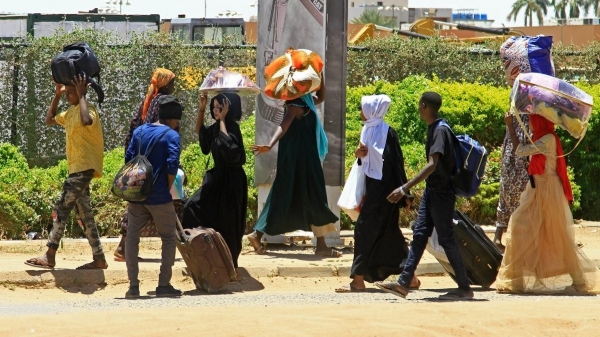
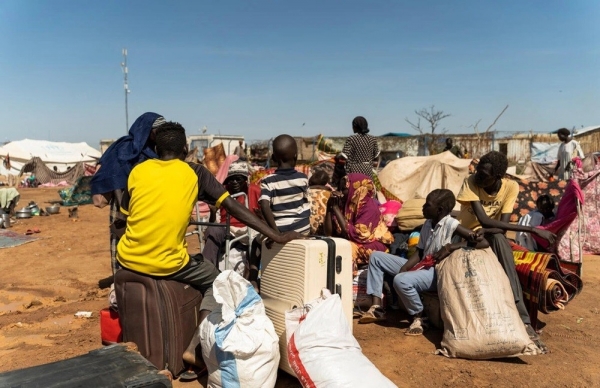
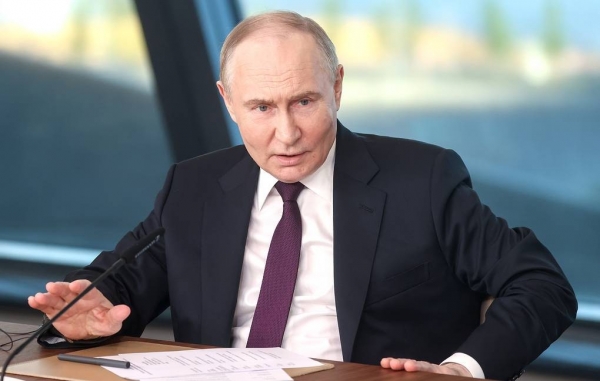
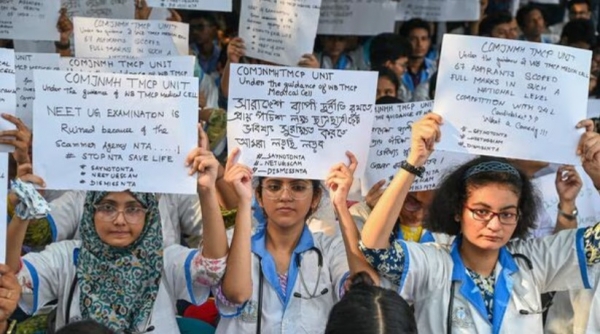
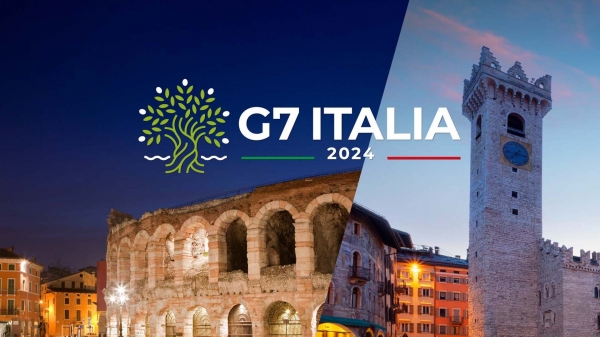
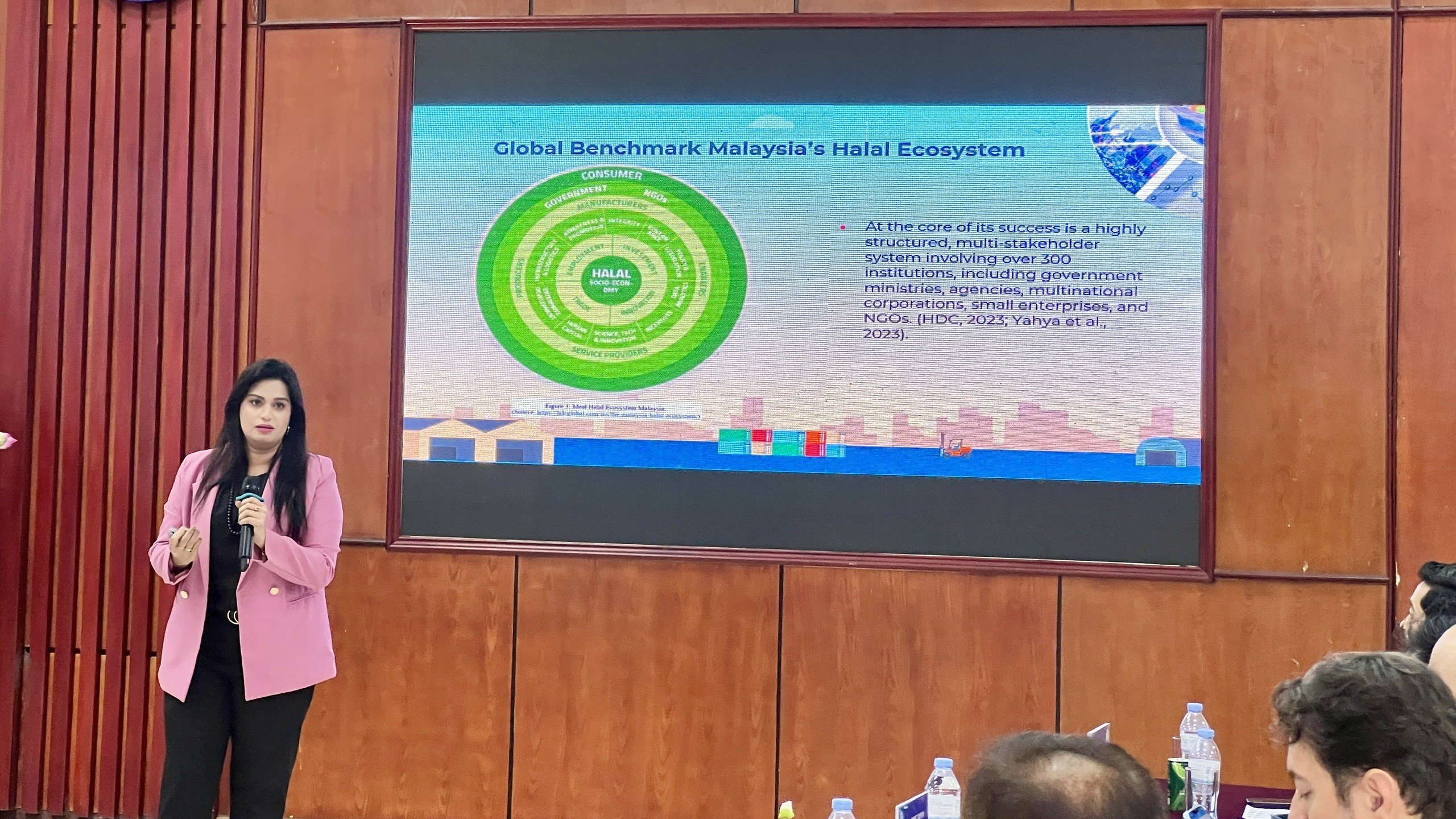
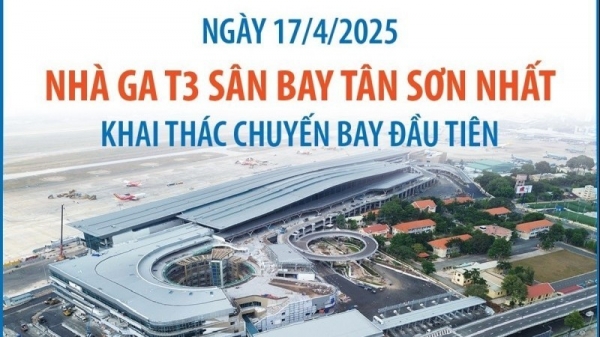
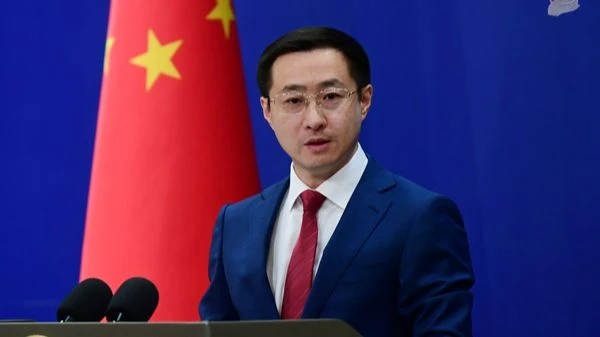
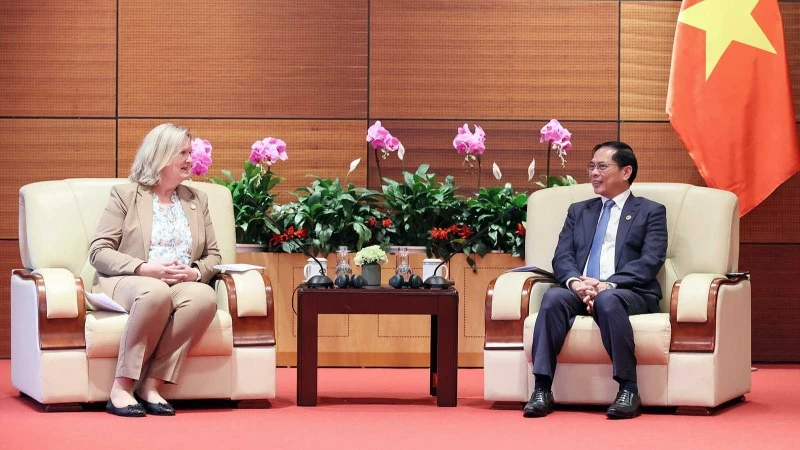
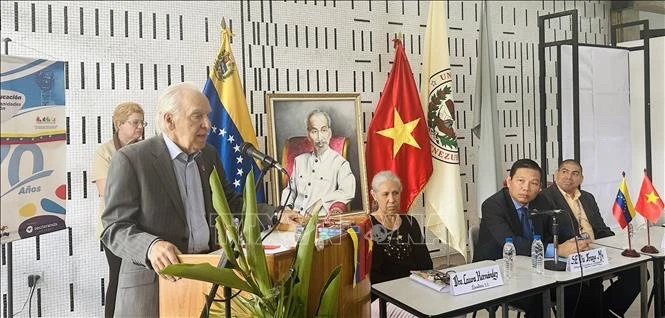
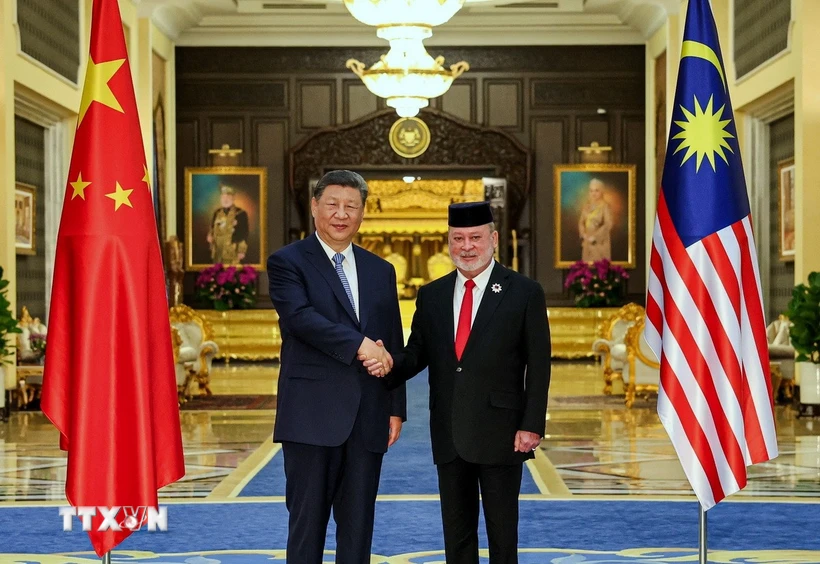










![[Photo] Welcoming ceremony for Chinese Defense Minister and delegation for friendship exchange](https://vstatic.vietnam.vn/vietnam/resource/IMAGE/2025/4/17/fadd533046594e5cacbb28de4c4d5655)




























![[Video] Viettel officially puts into operation the largest submarine optical cable line in Vietnam](https://vstatic.vietnam.vn/vietnam/resource/IMAGE/2025/4/17/f19008c6010c4a538cc422cb791ca0a1)


















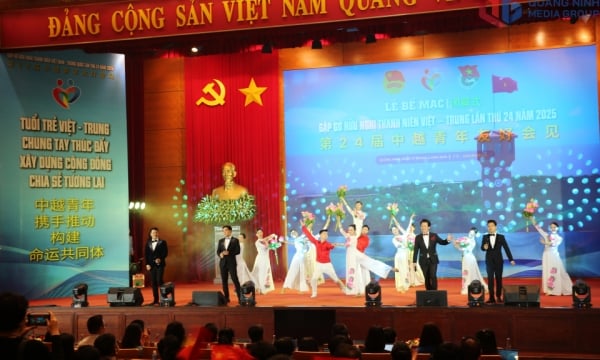

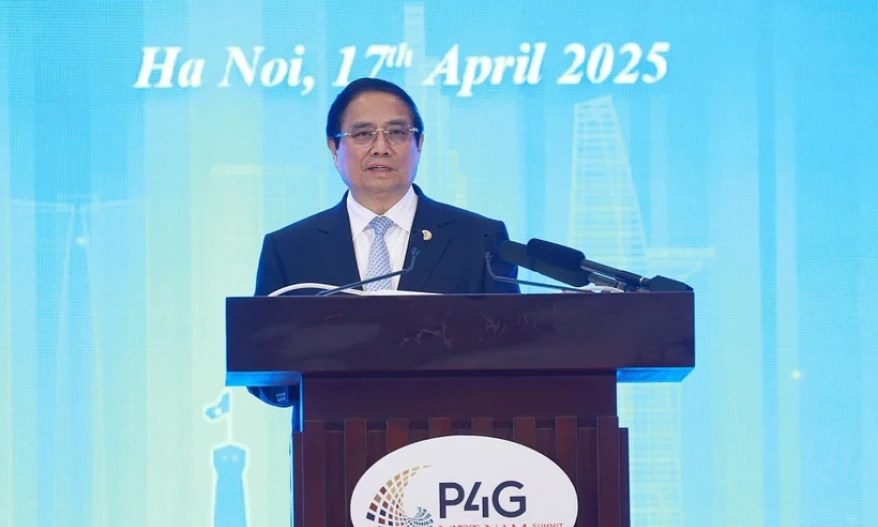


















Comment (0)